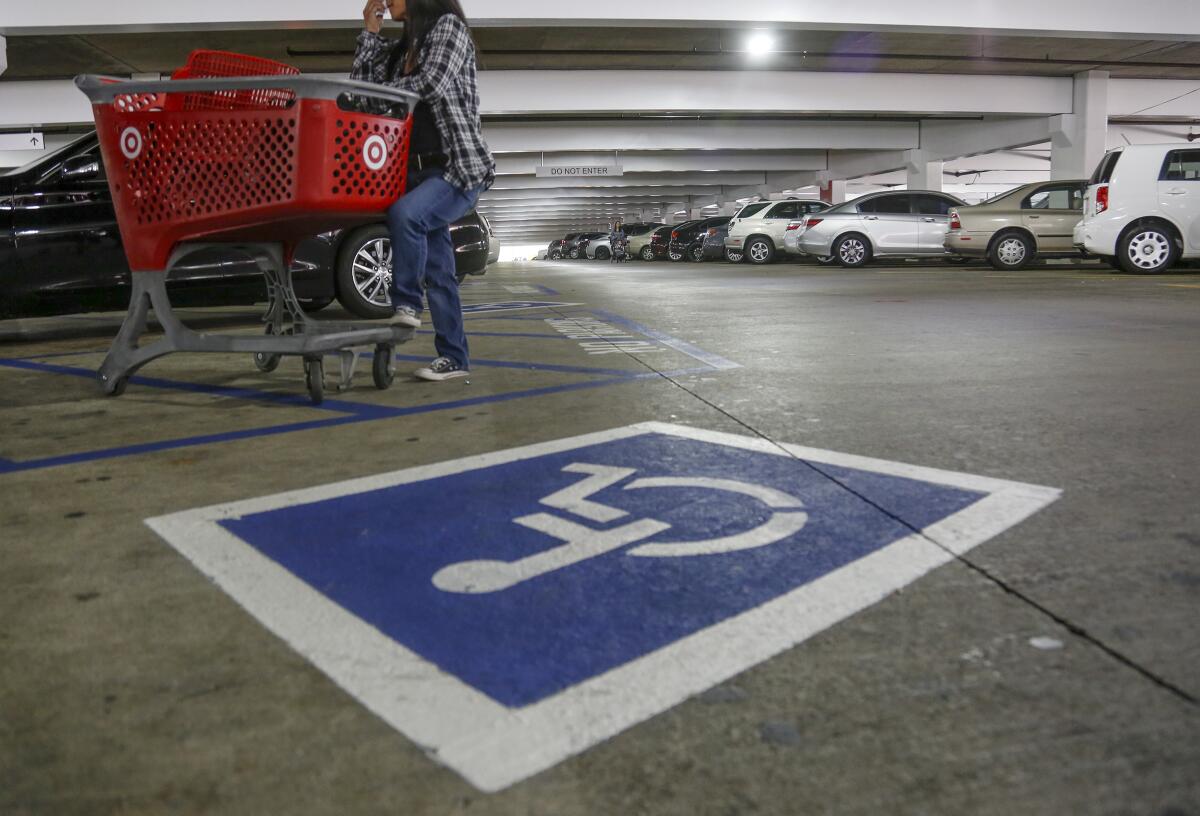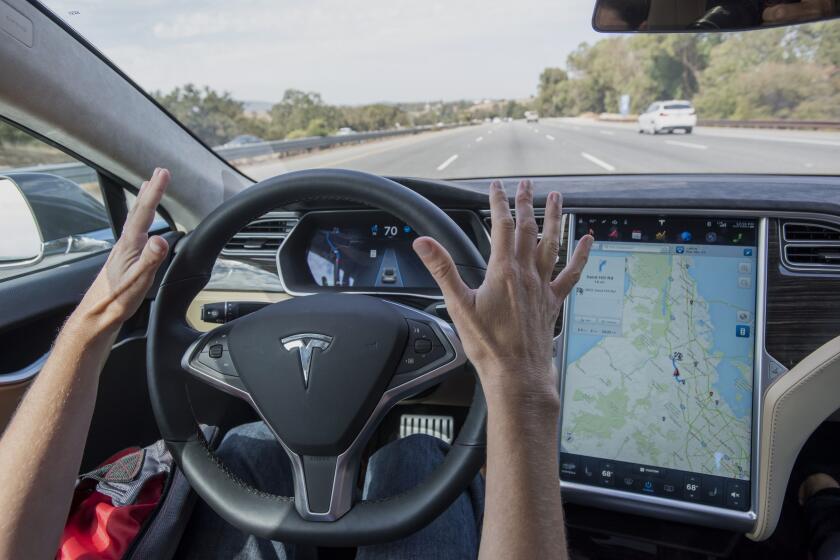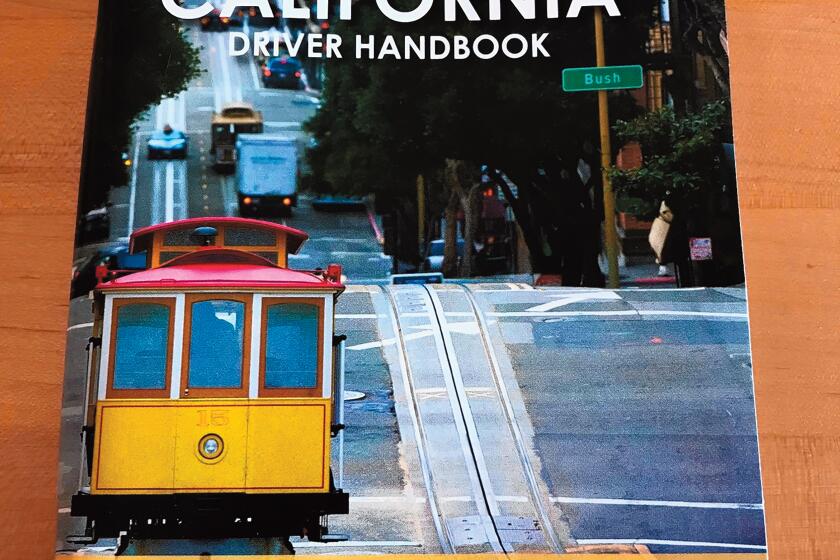Dead people had disabled parking placards in California. New DMV rule to reduce fraud

Renewing a permanent disabled parking placard in California is going to take a little more work, but it’s how the state plans to combat widespread permit fraud.
By June 30, those holding a disabled parking placard for six or more years will need to renew it in order to keep it valid. This is the first year the protocol is in effect under Senate Bill 611, which passed in 2017 and now requires holders to sign a form from the California Department of Motor Vehicles every six years verifying that they are still alive and that they are still in need of a placard in order to keep them.
SB 611 was passed six months after a state audit in April 2017 found that the DMV wasn’t making sure that people issued placards for disabled parking should actually have them. The audit also concluded that the agency hadn’t canceled tens of thousands of permits issued to people who had died, and some placards were misused by family members.
Permanent disabled parking placards provide parking privileges, such as parking next to a blue curb and in a street-metered parking space at no cost, to disabled people. The placard is able to move between vehicles.
“Unfortunately there’s a fair amount of misuse,” DMV Director Steve Gordon said. “I think the legislative intent was to make sure that people are legitimately in the program, so they just wanted to ask people, you know, periodically, just to attest as sort of mild road bump, say, ‘Hey, do you still want to belong in this program and do you want a replacement placard?’”
Dressed in heavy boots and plain clothes, the Department of Motor Vehicles investigators lay in wait, ready to strike.
Gordon said that one of the DMV’s investigatory arms duties is to look at placard fraud by going to various events. Citations can lead to fines that range from $250 to $1,000.
People can apply for a placard online, by mail or in person by filling out an application and having a medical professional such as a physician, surgeon or nurse practitioner provide a certificate of disability on the specified application section.
For the record:
1:05 p.m. June 7, 2023An earlier version of this article stated that those who received their original placard before January 2019 will be required to sign the DMV form. People who received their placard before 2017 will be affected.
Those who received their original placard before January 2017 will be required to sign the form, according to the DMV. This includes about 2 million people, and so far, about 1.3 million people have been verified needing a placard, Gordon said.
The DMV started to send out notice forms to renew late last year and are continuing to send out reminders, he added.
State legislators are pushing a bill that would delay the advent of driverless trucks and wrest away regulatory control from the Department of Motor Vehicles.
Before this, the DMV automatically renewed placards every two years. It will continue to do so but will ask placard holders to verify every sixth year after receiving their original placard.
The DMV also compares its placard records every year with vital records from the California Department of Public Health to check if someone is still alive, and withholds renewals if they are dead.
The renewal form does not require holders to recertify their disability and show proof of “true full name,” according to Senate Bill 611.
The renewal form is free and can be submitted in three different ways. Those needing to renew can sign electronically through the DMV’s online application or by scanning the QR code printed on the mailed renewal notice. People needing to renew can also sign the form attached to the bottom of their renewal and mail it in.
Reader response to Steve Lopez’s column about older drivers having to take knowledge and eye exams was all over the place. Said one reader: ‘All of my friends are at least 75, and I wouldn’t let half of them drive me anywhere.’
After the DMV receives the signed application, the person will receive their placard within 10 days, according the DMV.
“We want to reduce the number of placards that are out there to make sure they’re only in the hands of people that are supposed to have them and hopefully only intended to use either by the primary holder or maybe by someone who’s driving the primary holder to make sure that they are properly used in society,” Gordon said.
More to Read
Sign up for Essential California
The most important California stories and recommendations in your inbox every morning.
You may occasionally receive promotional content from the Los Angeles Times.












